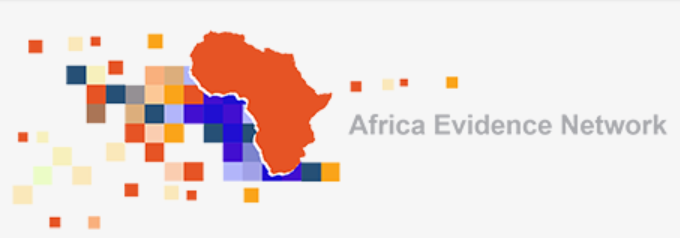
Plenary one at the Global Evidence Summit 2017
Attending the 2017 Global Evidence Summit (GES) in Cape Town as a young and emerging researcher was profound academically, personally and socially. I attended the Summit as a recipient of the NRF bursary. I would want to express my gratitude to Ruth Stewart who encouraged me to look out and apply for the bursary when we met in one of the side events in Kampala, Uganda during the AFREA conference early this year. This simply but profusely underscores the importance of networks. From the learning and sharing events, the spicy aura of Cape Town, and the one on one sessions, it was such a remarkable event. As an upcoming researcher, I was particularly intrigued about the advancements that have been made in science and technology as well as the cutting edge innovations in public health linked to social development.
The sentiments echoed by Ruth on how change happens served as a challenge for youth to grab opportunities as they come if there is any hope to meaningful contribute and engage in contemporary discussions be it in health care or other socio-technological advancements. When she finished delivering her presentation on networks during the plenary session, AMEN! stuck on my throat as I pondered on how I made to the Summit. What was most striking for me was the diversity in the discussions which significantly underscores the imperative of interdisciplinary approaches to understanding healthcare globally.
Presenters labored at length to ensure that their presentations were enthralling and engaging as much as possible. Small group discussions were ubiquitous and I found myself talking to seasoned professionals from various countries. It was business unusual as experiences went beyond discussion and collaboration. This was a closest opportunity to be immersed with hands knowledge in seminars and academically sound components of healthcare. This was a testimony for me as a young and emerging researcher that knowledge and evidence synthesis is heterogeneous and opportunities are enormous to share and learn so as to enhance the outcomes of socio-economic interventions. Many would agree with me that engagements impelled many at the Summit to be receptive to these emerging concepts, thought processes and ideas to learning.
As an emerging researcher with great interest in demography and population health, I strongly believe that young people need to be actively engaged and mentored in hands-on learning to ensure a lasting legacy of evidence generation, uptake and sustaining the momentum. The Summit clearly set the tone and acted as a reminder that learning is crucial to ensure timely evidence.
The Summit brought to the fore the challenges of research and evidence uptake by policy makers who are usually considered detached from the research community. Most importantly was that, researchers often undertake their work in silos with particular reference to systematic reviews and later solicit the buy-in of policy makers. This is deplorable to note and warrants long term engagement as well as strengthening of public-private sector inter-departmental arrangements. Noteworthy in this process, is to locate the involvement of young and emerging researchers to ensure continuous mentoring and skills transfer. The greater the affiliation of these entities, the more flourishing the research community will be especially in developing nations. It struck me to fathom if systematic review always really know their audience for meaningful translation and implementation of evidence. In my opinion, especially in the Zimbabwean context and other developing nations, it is prudent to dedicate international efforts and collaboration in undertaking systematic reviews so as to enrich the spectrum of what works, what does not and the why all in the interest of enhancing the impact of socio-economic interventions.
All being said and done, the Summit discussions, recommendations and networks were an unprecedented case that had both methodological and operational implications for those involved in evidence synthesis, uptake and consumption. It was also good to learn and hear from a global perspective the successes and challenges in generating and synthesizing evidence to improve health care. The Summit for me as a young and emerging researcher was an epiphany of a movement coupled with an interdisciplinary thought process so that innovations and emerging evidence are responsive and at the center of human development.
About the Author
Raymond Mhlanga (Mr.) is working with the Centre for Development and Research in Evaluation as a Research, Monitoring and Evaluation Officer. He has applied his skills in the development and support of Research, Monitoring and Evaluation solutions within the framework of Results-Based Management in the areas of education, community development, poverty and health, HIV and AIDS. Raymond is passionate about enhancing the impact of socio-economic interventions through responsive research and social data analysis. Raymond has been part of various research and evaluation assignments with organizations such as Care International in Zimbabwe, World Education Incorporated, Elizabeth Glaser Pediatric AIDS Foundation and DFID. Currently, he is studying an MSc in Demography and Population Studies at Great Zimbabwe University and MSc in Social Ecology with the University of Zimbabwe. He also holds a BA and BSc in Political and Administrative Studies.